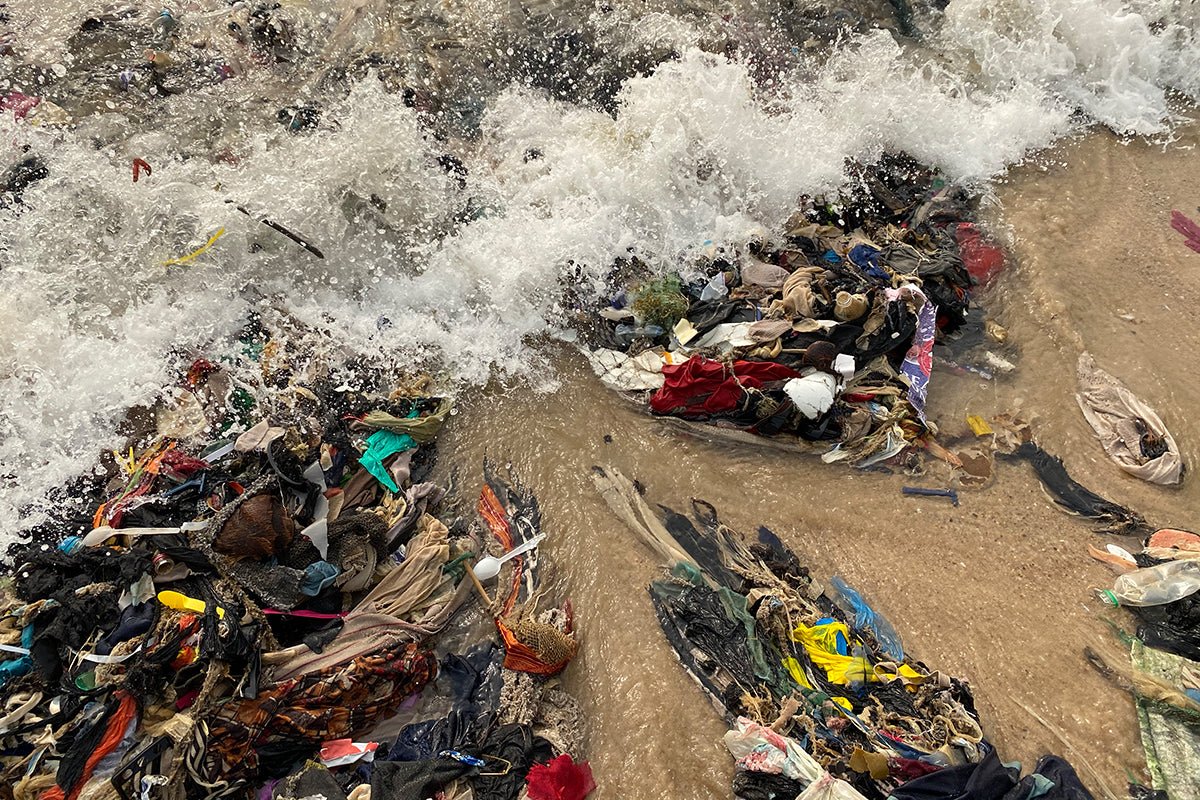Ten facts about fast fashion

1. Fast fashion refers to a business model in which clothing manufacturers and retailers produce and sell trendy, low-cost garments in large quantities, often copying designs from luxury fashion brands.
2. Fast fashion retailers are known for their rapid production cycles, which can result in new clothing collections being released every few weeks or even days.
3. The fast fashion industry is characterized by low prices, which are achieved by minimizing production costs, using low-quality materials, and often relying on cheap labor in developing countries.
4. The environmental impact of fast fashion is significant, as the production of synthetic fabrics and the disposal of unsold or unwanted clothing can contribute to pollution, greenhouse gas emissions, and waste.
5. The fast fashion industry is also criticized for its labor practices, which often involve paying low wages, long working hours, and poor working conditions in factories in developing countries.
6. Fast fashion has become a dominant force in the global fashion industry, with many large retailers such as Zara, H&M, and Forever 21 adopting the fast fashion business model.
7. The popularity of fast fashion has led to a culture of disposable clothing, where garments are worn only a few times before being discarded or replaced.
8. The rise of fast fashion has had a significant impact on the traditional fashion industry, as luxury brands are forced to compete with lower-priced, trendier clothing lines.
9. The fast fashion industry has faced increasing scrutiny and criticism in recent years, with consumers and activists calling for greater transparency, sustainability, and ethical practices in the fashion industry.
10. Some alternatives to fast fashion include sustainable fashion, which focuses on using eco-friendly materials and ethical labor practices, and second-hand or vintage clothing, which reduces waste and promotes reuse of existing garments.






